ISSUE NO. 27: LISTENING TO YOUR ELDERS MAY JUST PAY OFF AFTER ALL
We doubt whether many mining company managers and executives need another scary reminder about good social performance. There are, at this point, more than enough recent and past examples of failures by companies: Failures to successfully engage with host communities. Missteps of commission and omission. And just plain ‘screw-ups’. Many of these examples demonstrate undesirable outcomes including significant negative impact on projects, the company, and shareholder value; loss of jobs or access to resources; and even loss of social license to operate. Smart companies realize that doing things the ‘right way’ is now a critical part of business.
What does ‘good social performance’ consist of then? First, we must define what is it not. It is not about sponsorship or other philanthropic efforts; it is not about ‘buying off’ the community through financial largess; it is not about merely securing regulatory and government approvals and permits; and it is not just about providing jobs and paying taxes. Those are all important, but they may not be enough to get a project or a company through challenging times, if their social performance is not sound.
Good social performance requires several foundational elements: having a dedicated social performance function performed by professionals; a primary focus on local host communities; building a knowledge base regarding many aspects of community function (demographics; history; socio-economics, politics, culture and language; the role of women, youth, and elders; civil society; extra consideration regarding possible ethnic schisms; etc.). Strategic social performance is based on deploying this extensive background knowledge to drive quality impact assessments and management plans.

It is also important to bring the communities and their leadership – both formal and informal – into the decision-making around your project or operation. This means building mechanisms for deep listening by the company (including a formal feedback or grievance management system). Serious efforts on capacity building towards local employment and local supply play an important role. Global good practice regularly codifies these expected efforts into company-community agreements, with long term periodic revision clauses and a transparent record of commitments on both sides. Once these tasks are completed or underway, we have repeatedly seen the basis for strong community-company partnership can emerge. This is the point at which strategic, jointly made social investment, community development, and infrastructure assistance become useful to the partnership.
Acorn International has more than a decade of global experience with major multi-national extractive firms, undertaking assessments of social performance risks, and working with companies on mitigation and on developing and implementing processes and initiatives to work towards strategic alignments. We work to help forge community-company alignment with global standards on social performance and related issues such as human rights, Indigenous peoples, resettlement, and social investment. Our finding is that communities when taken seriously and brought into the ‘tent’ can become critical allies and partners in your business. We at Acorn International can help you get there!
News & Notes

Acorn International
1702 Taylor St, Suite 200B
Houston, TX 77007, USA
1213 Purchase St
New Bedford, MA 02740, USA
